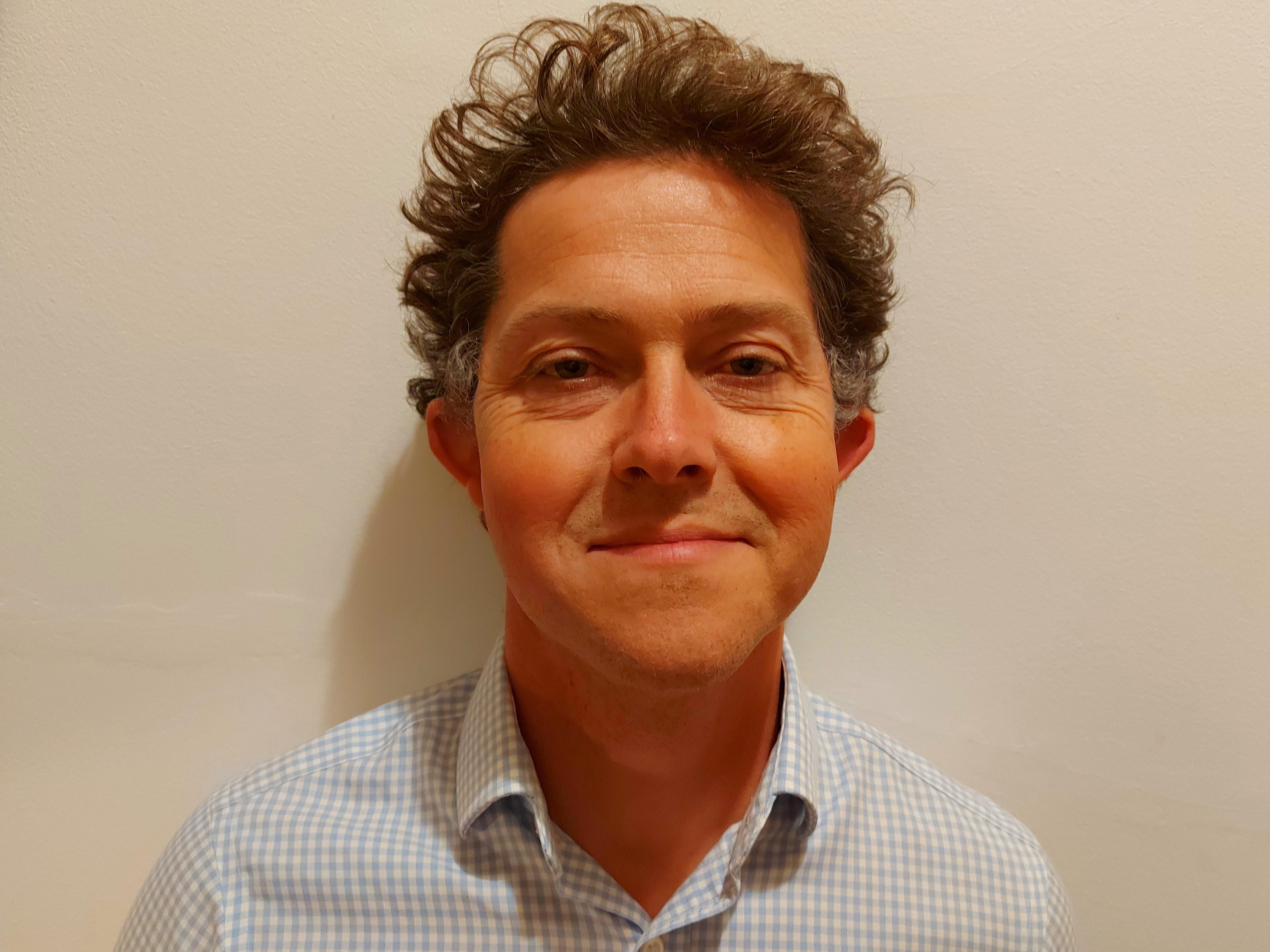Rare Endocrine: Adrenal and Neuroendocrine Tumours
Adrenal glands control the flight or fight response. The kind of response you may associate with seeing one of these whilst alone in the wild!

Adrenal glands and neuroendocrine tumours
Adrenal gland problems
The adrenal glands have 4 zones of function, each one producing a different hormone. Overactivity or a tumour (usually benign - not cancer) can lead to clinical syndromes such as Conn's hypertension, Cushing's syndrome or Pheochromocytoma. There are often best treated by surgery. Adrenal nodules are very common and rarely due to cancer. However, size, biochemical tests and other features found on imaging can lead to a recommendation to have surgery to treat a clinical condition caused by the nodule or for diagnose to exclude cancer. If you have had an adrenal nodule found by accident we can offer a consultation to test for overactivity and assess it's risk of cancer and need for treatment. Surgery for overactive adrenal glands can be simply performed in most cases, but is infrequently required. The trick is in understanding the pattern of these diseases and localising them having made and confirmed a biochemical diagnosis. Most of the hormones secreted by overactive glands have a wide ranging effect on tissue strength and fragility, glucose metabolism and steroid receptor expression. All can have profound effects peri-operation and post surgery. This is why adrenal surgery should be performed by a specialist endocrine surgeon.
How is adrenal surgery carried out?
Surgery is done under general anaesthetic, so the patient is asleep. Adrenal patients stay 1-2 days. The 3-4, sub-centimetre scars, tend to heal quickly and neatly. Adrenal surgery is usually keyhole so patients recover quickly. Patients tend to have minimal pain post-surgery. It takes about 2 weeks to get back to normal. When one adrenal gland is removed the remaining gland is usually sufficient to allow the body to work as normal. Risks of the surgery are low but the consequence is not negligible and it is important that the risks are discussed face to face as part of the decision-making process before deciding on surgery. As the range of conditions and reasons for adrenal surgery is quite wide a bespoke conversation about the aims of surgery and the risks or long term outcome is required.
Neuroendocrine tumours
Neuroendocrine tumours can affect most organs. In the broadest sense of definition; Parathyroid tumours, medullary cell tumours of the thyroid, pheochromocytoma are all neuroendocrine tumours, but in common parlance neuroendocrine tumours relate to rare, functionally active tumours of the pancreas, thymus or GI tract. These can often be treated by surgery once diagnosed. The commonest is a Carcinoid tumour. They can occur anywhere from the thymus as part of the foregut to the rectum in the hindgut but the commonest are midgut tumours found in the small bowel or appendix. They can produce functional symptoms such as flushing, palpitations, headaches or exercise induced shortness of breath once they have spread. Surgery followed by chemotherapy is the mainstay treatment and can have very good effects as these tend to be slow growing. They can affect the heart function though and cause abdominal pains, bowel obstruction or present as appendicitis. We are able to provide diagnostic services and offer treatment.
Rarer tumours include those that can secrete vasoactive intestinal peptide VIP, Insulin as insulinomas, Glucagon as glucagonomas, ectopic ACTH (i.e. not from the pituitary gland) Somatostatin and a completely non functional protein called pancreatic polypeptide from the pancreas. Each has an incidence of less than 1 per million population. Very rarely phaechromocytoma can secrete ectopic hormones such as ACTH, Renin, Interleukins and others. You just need a surgeon that is aware of the existence of such phenomena, how they present, and if they are of importance - how. This is why we recommend you see an endocrine surgery specialist; at least as part of your consultation process.
